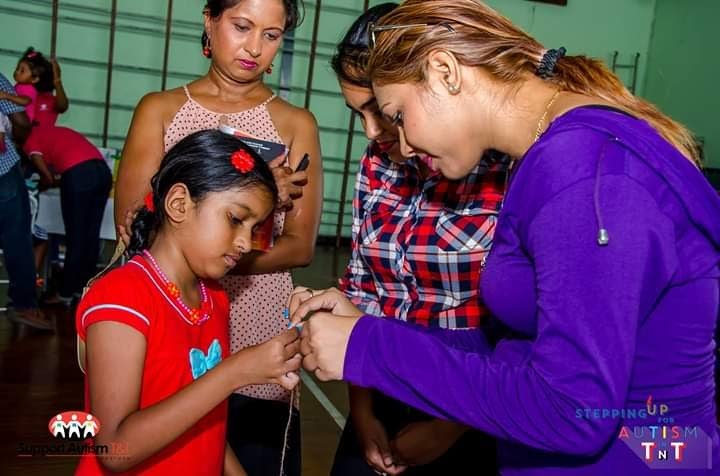Mental health and special needs issues

DR RADICA MAHASE
“EVERY single day I wake up and I tell myself that things can be much worse. I remind myself, that I have a wonderful boy and it’s okay if more days are bad than good, it’s okay if I am struggling. You see, as a single mother of a teenager with autism, I don’t always get it right. I make mistakes, I break down, I cry, I think about ending it all for both of us, especially on those days when he is in such much pain or so miserable. But I am still here, we are both still here and we are trying.”
Fatima is the mother of 17-year-old Darren and she has been taking care of him all his life. However, as Darren has got older it has become more difficult for her. She thought she was doing a good job and she was holding it together until one day, two years ago, she walked into his room and saw him trying to hang himself from the ceiling.
“Since that incident I have been constantly worried. I am afraid to let him out of my sight. I am so scared that he will do something again. I took him to a counsellor but he’s non-verbal and after two sessions she said she could not work with him. The imam in the mosque tried to help but Darren doesn’t respond to anyone at all.
"I was grateful for the opportunity to sit and talk to the counsellor in the mosque and that, as well as my faith gave me the strength to go on but I am still worried.
"Imam Muhammed organised for two doctors to see Darren and both wanted to put him on medication, but when we checked it, the side effects of these medications were so serious I would be killing my child faster.

"I am between a rock and a hard place and I wake up every morning and try to be positive, but it is so very difficult sometimes.”
It takes a certain level of mental strength to raise a child with special needs and too often, so many parents struggle on a daily basis. It is even more difficult when basic opportunities are lacking, when parents have to deal with stigma and just the everyday emotional rollercoaster.
Psychologist and special-needs mother Jo Griffin says, “We are our child’s greatest advocate but this can have an impact on our well-being. No one can fight forever without there being a knock on effect. Moving from worrier to warrior is not an easy journey and neither position is without its challenges.”
Griffin identified: “Anxiety, stress or worry; feeling depressed or down; helplessness and frustration …confusion, fear of the future and concerns about the impact on the wider family” as some of the issues special-needs parents deal with. Reasons for this included “isolation, inaccessibility of services and activities as well as lack of support and understanding from society.”
Sadly, TT lacks a formal support system. Support doesn’t come from any government institutions and/or services. Instead it comes from informal sources such as the extended family and the church/mosque, sometimes community groups, other times from NGOs.
Counselling for special-needs parents and caregivers is not easily available or accessible within the public healthcare system. There is no support system in place to help or care for individuals with special needs, especially from teenagers to adulthood. The response of doctors in TT is to put the individual on medication for life. Some special-needs individuals end up at the St Ann’s Psychiatric Hospital, where they are physically restrained and left to fade into oblivion.
Sometimes parents/caregivers, as well as siblings of those with special needs, just need a little bit of normality in their lives. This can take many different forms – ten minutes to themselves, a day without a meltdown, a smile rather than a judgmental look from a stranger, or maybe a kind word rather than nasty comments when out in public with their special-needs child.
Of course, counselling for both parents/caregivers as well as proper support programmes for those with special needs and their siblings, and access to more educational, physical and social opportunities will go a long way towards promoting mental-health well-being.
Celebrating World Mental Health Day on October 10 is a reminder to TT that we need to do better to help Fatima and Darren and to promote general mental well-being.
Dr Radica Mahase is founder/director, Support Autism T&T

Comments
"Mental health and special needs issues"